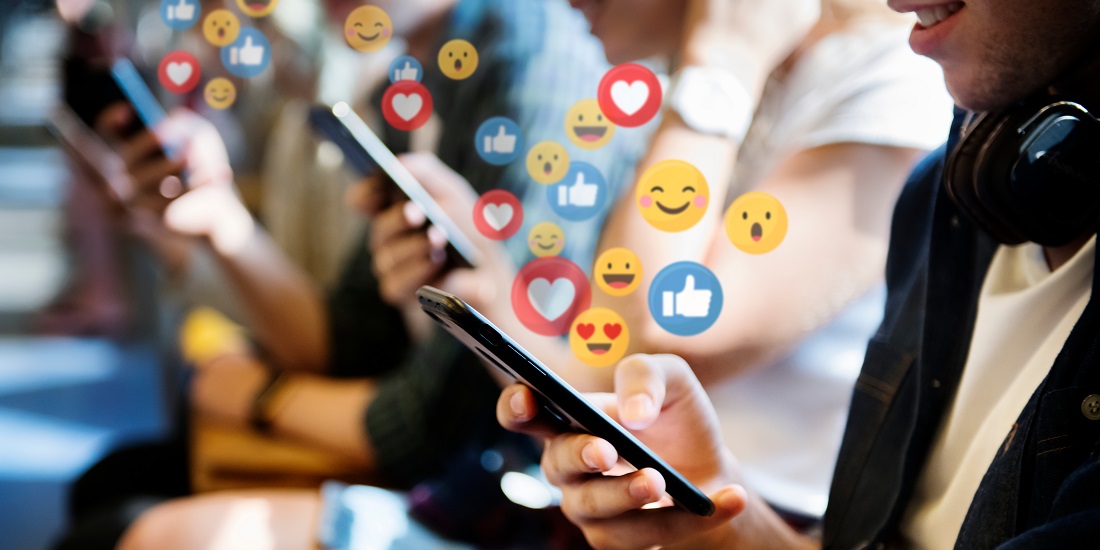- With rising screen time and AI use, critical thinking and media literacy are essential to avoid blindly following trends and ensure decisions reflect personal values, not algorithms.
Statistics indicate that the average person spends around 40% of their waking hours engaging with digital devices, leading to significant media consumption.
Unconsciously, the media we consume shapes our worldview and influences our decisions. While we may believe our choices stem from our own principles and values, they are often guided by prior exposure to online content.
According to a 2024 report by the Media Council of Kenya, some individuals spend over 6 hours online each day. Another report reveals that Kenyans spend approximately 3 hours and 43 minutes daily on social media, the highest in the world. This extensive screen time raises questions about whether our choices are truly our own or merely reflections of what we see online.
Posts, advertisements, videos, and influencers can gradually alter our thinking, often without our awareness. Consider this: have you ever seen a product online and later purchased it? This isn’t a random decision; repeated exposure to ads can create a desire for something you hadn't previously considered. It feels like your choice, but it may stem from media influence.
So, the critical question is:
Read More
Is all this media helping us, or is it complicating our lives?
With the vast amount of content we encounter—videos, captions, stories, trends—our brains often lack the time to think deeply. We scroll endlessly, but how much do we truly comprehend?
Now, with the rise of Artificial Intelligence (AI), such as ChatGPT, we have tools that can assist with tasks like schoolwork and idea generation. However, they also risk diminishing our independent thinking. One lecturer noted that some students are using AI during exams, which is concerning.
Using AI isn't inherently negative; it simply requires us to engage thoughtfully. We should ask insightful questions and utilize these tools purposefully.
Don’t let AI do everything for you.
In today’s world, we are constantly on our phones. Apps and videos are designed to capture our attention, influencing our preferences, thoughts, and even purchasing decisions.
This underscores the importance of media literacy. We must learn to critically evaluate what we encounter online.
Next time you’re on your phone, ask yourself: Is this genuinely what I want, or is the internet shaping my choices?










